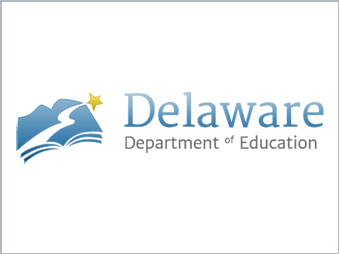Delaware Public Schools
Challenge
Disturbed by the relatively low performance of Delaware students on standardized tests and the high dropout and college graduation rates, Rodel Foundation of Delaware and the Delaware Business Roundtable launched an initiative in 2005 to improve the quality of public education in Delaware. Realizing that creating a blueprint for educational reform was going to be challenging and require significant leadership, the sponsors contracted with CLA for a year-long engagement to collaborate on the design and to facilitate the work.
Interventions
CLA orchestrated a year-long process of engaging a diverse group of 28 essential stakeholders from the Delaware community including unions, parent groups, school committee members, business associations, school administrators, and educators.
CLA designed summit meetings that emphasized the challenges facing the group: the difficulty of making deep change in the status quo, the individual commitment and risk-taking that would be necessary from the people around the table and the leadership that would be required. For a year, CLA guided the planning group and Steering Committee processes, facilitating working groups on specific education topics and coaching the Steering Committee on next steps and mid-course corrections.
Approximately 80 people participated in four topical working groups and over 500 citizens engaged in follow-up community sessions. CLA’s work culminated in a two-day meeting in June 2006, designed and facilitated by CLA, at which the final recommendations of the stakeholder group were discussed, negotiated, and voted.
Impact
A comprehensive blueprint for reform—Vision 2015—was approved at the June 2006 meeting. An Implementation Team was organized to advocate for the recommendations in the blueprint. The Vision 2015 work laid the foundation for Delaware’s successful application for funding education reform under President Obama’s Race to the Top (RTTT) initiative. The experience of the Steering Committee members struggling and working together, negotiating, respecting others’ perspectives, and still staying committed to the overall goal—which has continued until the present—directly led to Delaware being one of only two states that submitted round-one RTTT applications.

